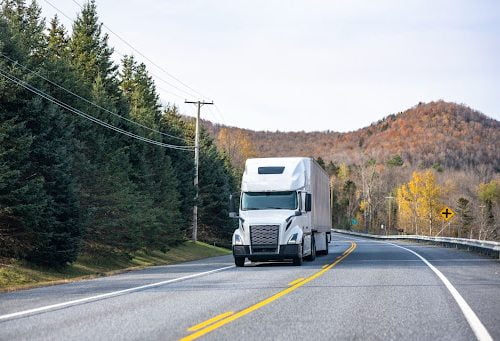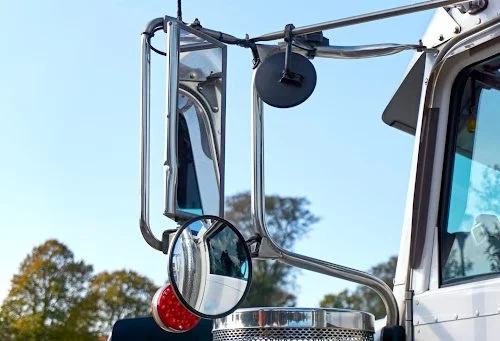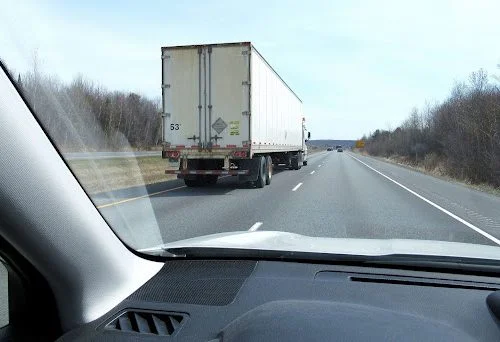If you are hit by a semi-truck in Massachusetts, determining who is really at fault can be tricky. In a common car accident, you usually just deal with the other driver’s insurance company. In a semi-truck accident, you could deal with several parties. Determining who is legally responsible is not easy, even in situations where it’s clear that the semi driver was at fault.
The driver’s company will often be involved in liability after an accident, but not always. There are a few things to consider about the relationship between the driver and the company to determine whether the company will be involved.
The Basics: “Respondeat Superior”
“Respondeat superior” is a Latin phrase that means, “let the superior make answer.” It applies to most situations involving employees and employers. The idea is that the company is responsible for the liability of its employees as long as certain conditions are met. These conditions include:
- There is a valid employee/employer relationship
- The employee did not act intentionally to harm another person or property
- The employee was acting within the scope of his or her employment
When these conditions are met, the employer is directly liable—as if it had committed the acts themselves.
“Respondeat superior” is an old rule that is based on the reality that accidents will happen when an employee is engaged in work for another person or entity. Because the employee is working on behalf of someone else, the employer should be held liable because the accident is considered a cost of doing business. In addition, employers are often better able to protect themselves in a lawsuit because they usually have insurance and more resources generally.
The Employee Relationship for Truck Drivers
The driver must be considered an employee of the company for “respondeat superior” to apply. Some trucking companies only hire drivers that will drive as independent contractors, not employees. If a driver is an independent contractor, then the trucking company may not have any liability at all. Instead, the driver takes on all the responsibility himself or herself.
A trucking company cannot simply just call the driver an independent contractor to avoid liability, however. The court will look closely at the relationship between the parties. If the driver has complete control over how to get a particular job done, then he or she is more likely to be considered an independent contractor. These factors might include:
- Whether the employee can dictate specific hours that the driver must be on the road
- Whether the driver uses his or her own truck or if the vehicle belongs to the employer
- Whether the pay is based on the mile, the hour, or the job
- Whether the driver is responsible for the maintenance and upkeep of the truck
If the driver is an independent contractor, then he or she will usually have their own insurance that would apply in an accident.
Within the Scope of Employment Requirement
In some situations, it can be difficult to determine whether the accident occurred during the employee’s scope of employment. The general test is that if the work or activity that the driver was engaging in at the time of the accident benefits the employer, then it was likely within the scope of his or her employment.
If you are hit by a semi-truck in Massachusetts, contact Jim Glaser Law today at 781-689-2277 or fill out our online form to request a free case evaluation.














